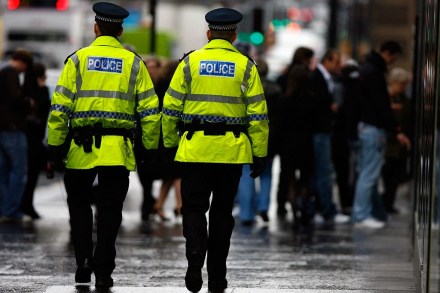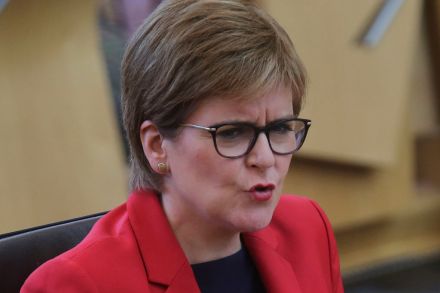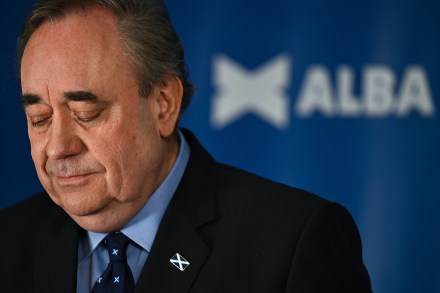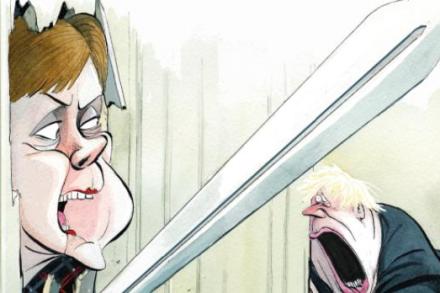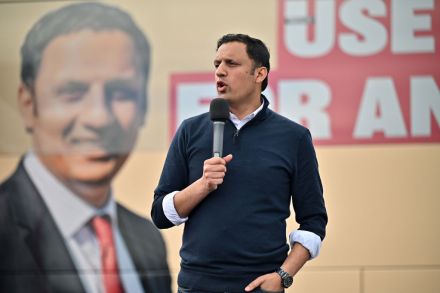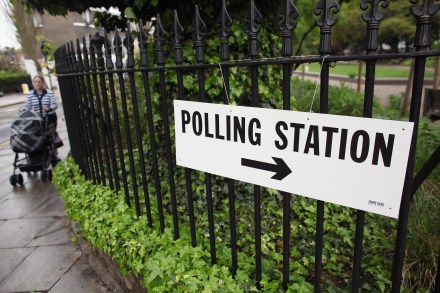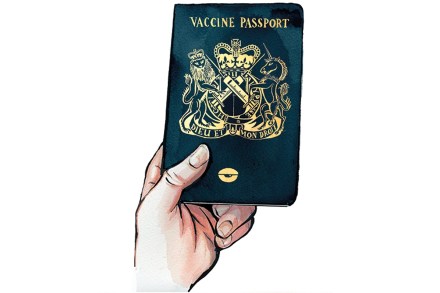Independence would be karmic vengeance for Sturgeon
I have a mean streak. Perhaps my cruellest urge is to give people what they claim to want. When political parvenues disparage capitalism and the unfairness of meritocracy while talking up an ‘equitable’ socialist utopia, I want to stick them personally in a society where work pays the same as sloth, the well-off flee and the left behind expect everything to be free — just so long as the rest of us don’t have to submit to this inert destitution, too. When eco fanatics demand zero carbon emissions by 2025, I yearn for their own Amazon orders to arrive months later by donkey cart. I’d grant their wish: dead phone




